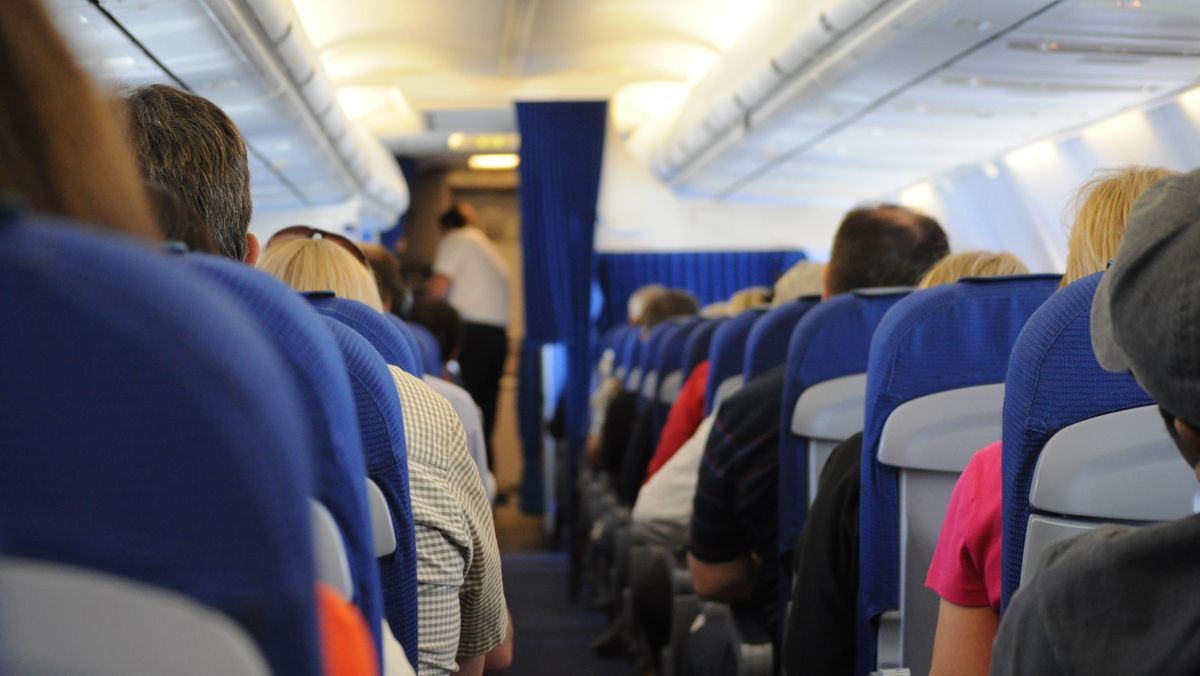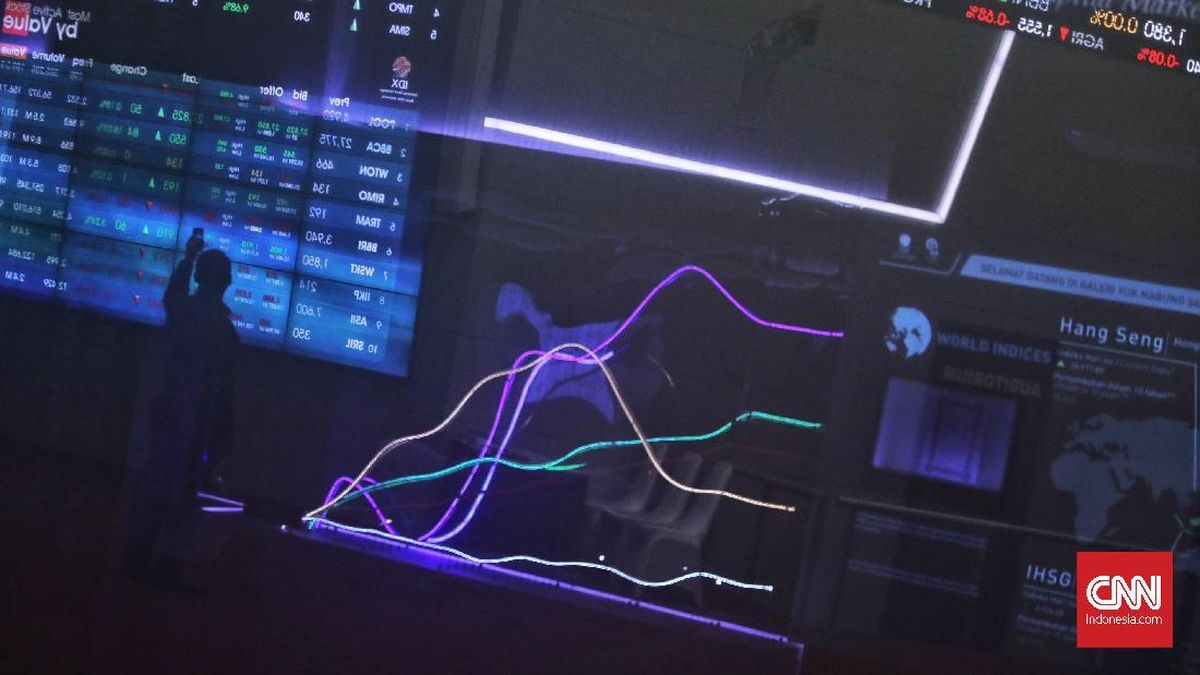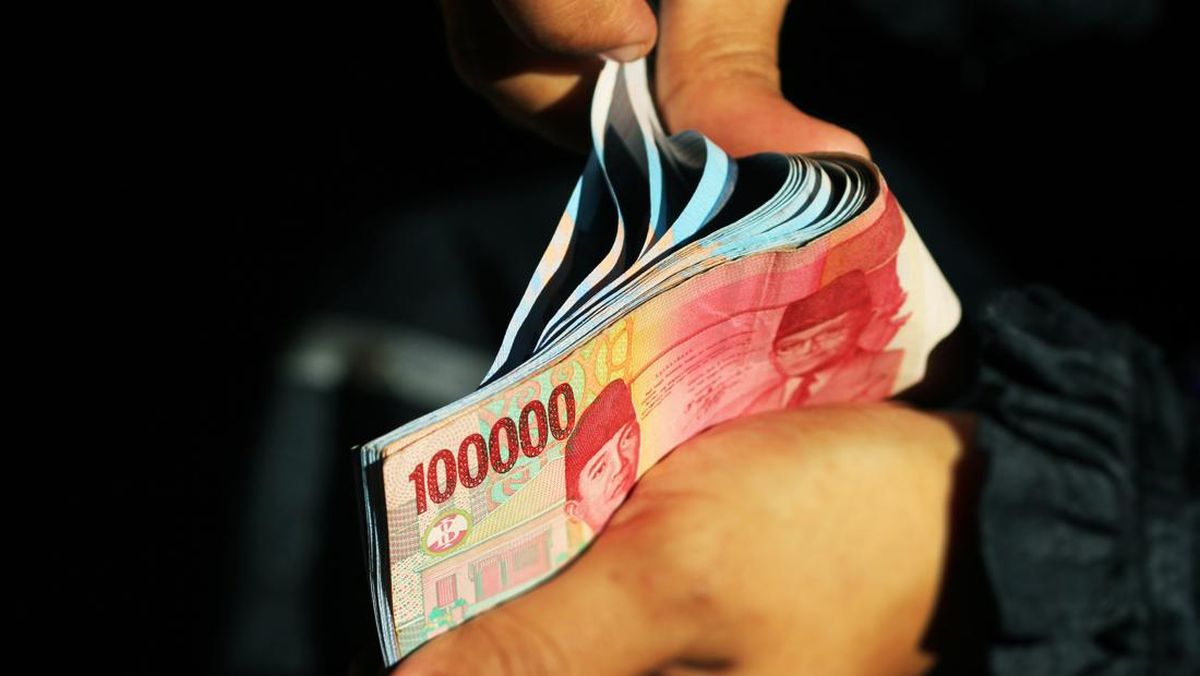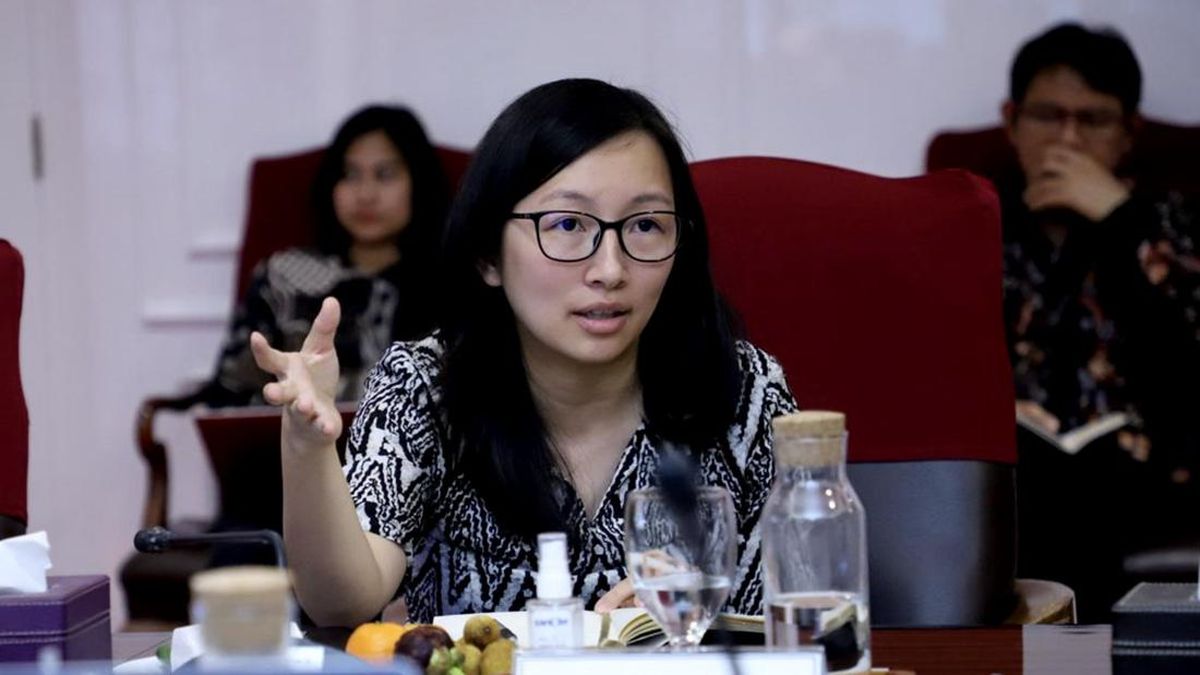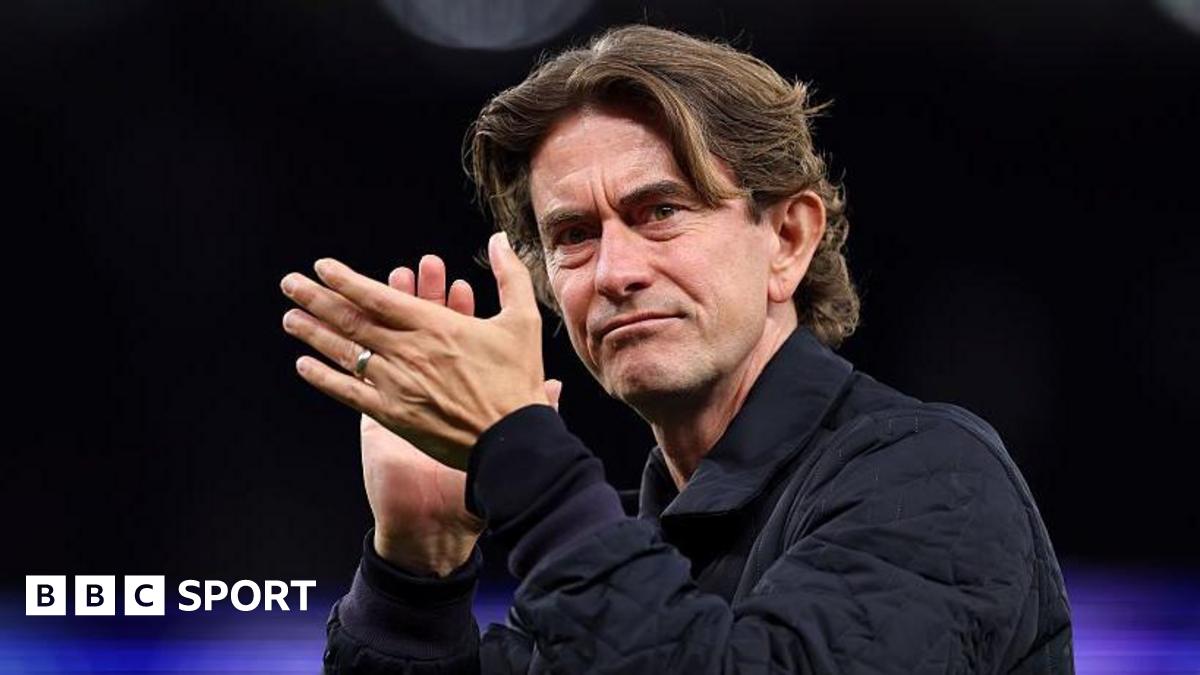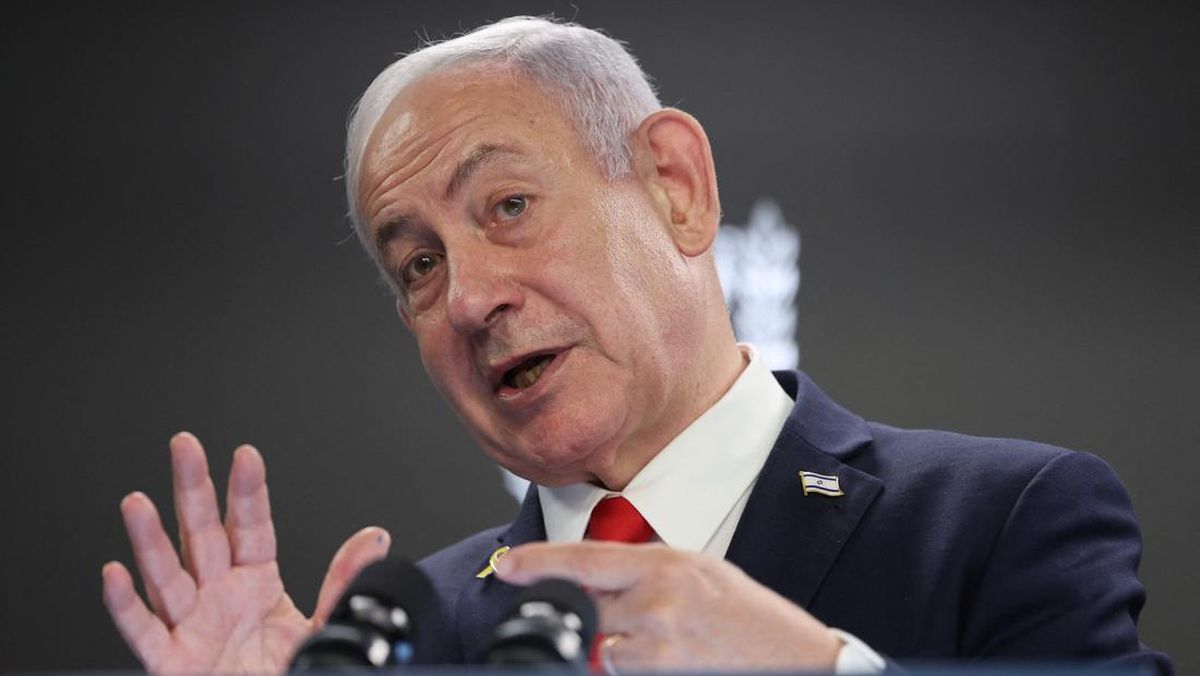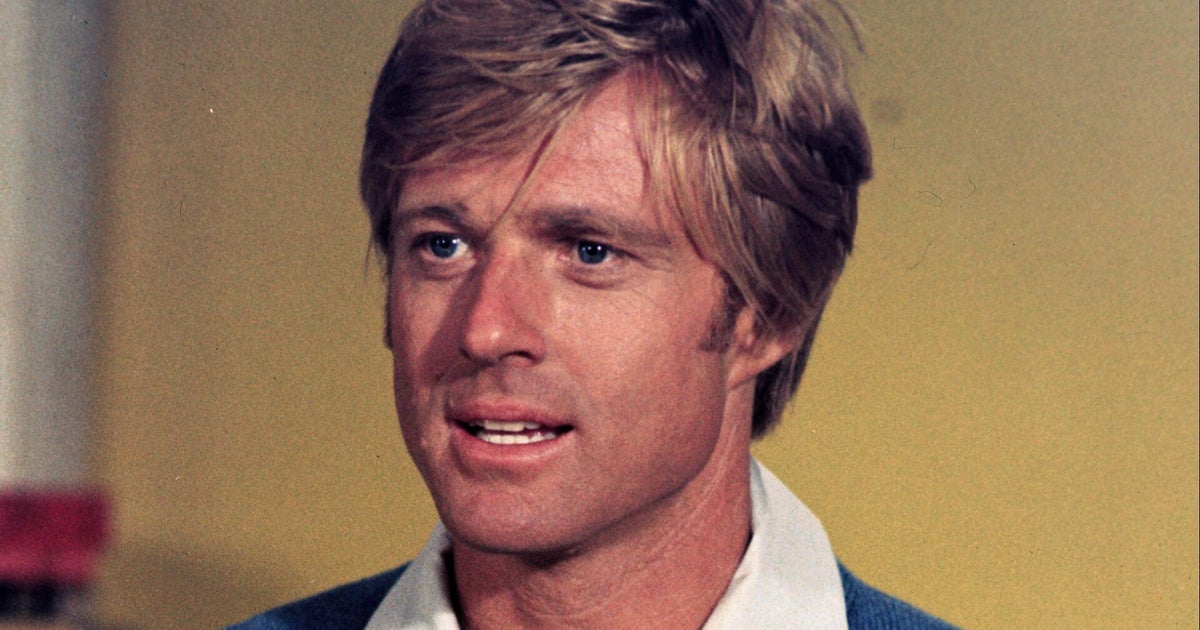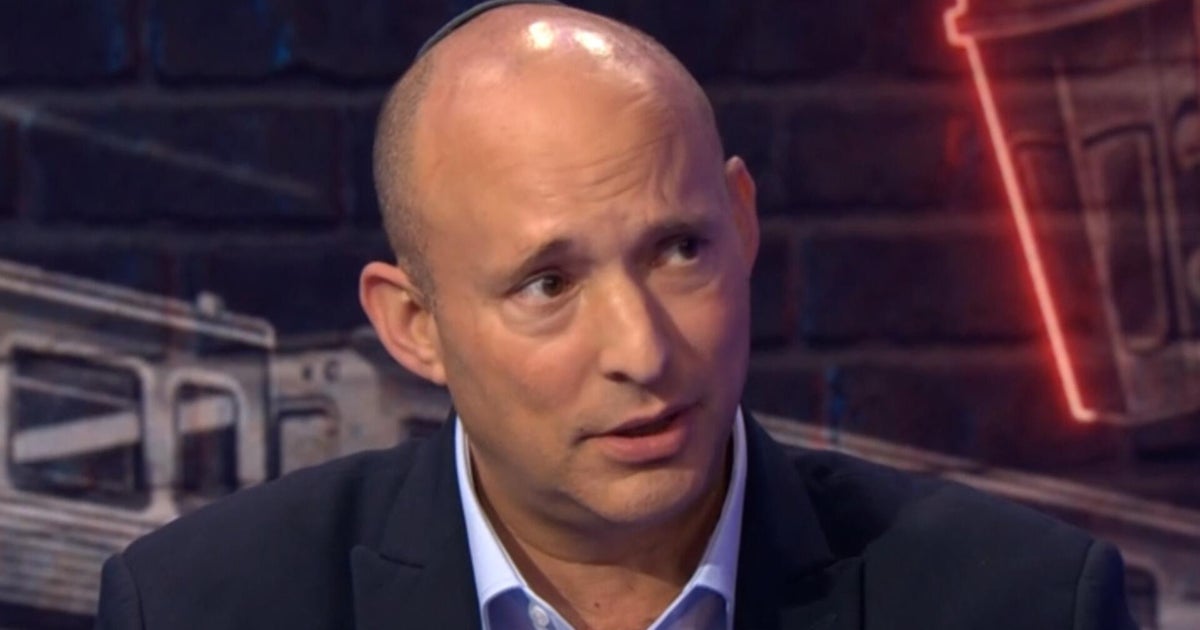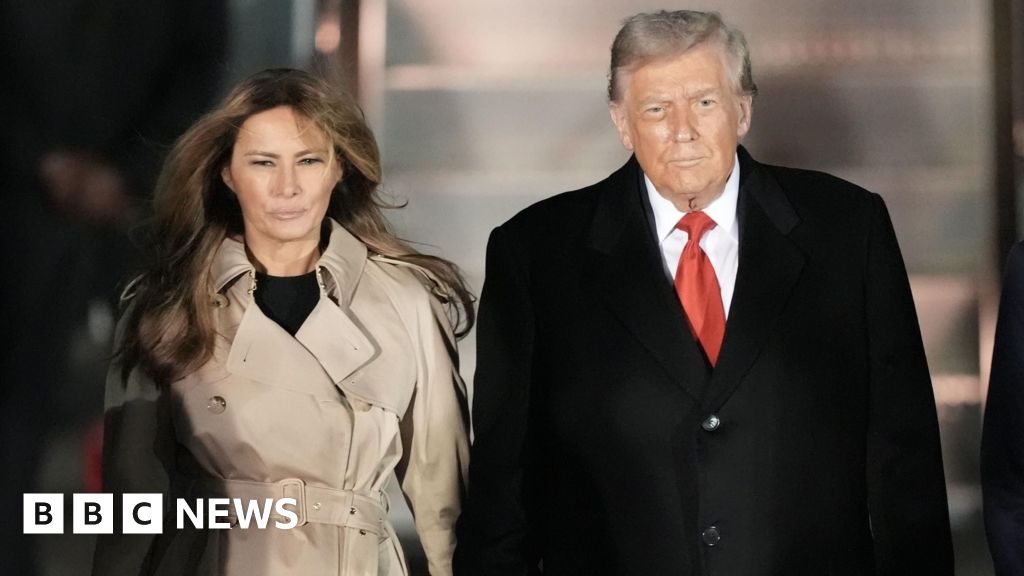London: Nigel Farage, the populist politician, likens the UK to North Korea on free speech, warns that migration is ruining the country, declares that crime is out of control, and forecasts a crippling debt from climate change targets.
This dire vision has hit a nerve with anxious Britons who believe their country needs a dramatic change in its fortunes – and who now regard Farage and his party, Reform UK, as the movement that can save their nation from years of drift.

Nigel Farage, and his Reform UK party, is surging in the polls.Credit: Getty Images / Artwork: Stephen Kiprillis
Farage should be a speck on the political landscape: his party holds just four of the 650 seats in the House of Commons and the next general election is four years away. But he has surged in the opinion polls by drilling into a deep and dark reservoir of discontent, lifting him into contention as the country’s next prime minister.
The outsider now has the inside running, and the parallels with Donald Trump are unmistakable. Like the American president, Farage is a magnet for attention and confronts established politicians with a mix of hyperbole, theatre and humour. Like Trump, he is winning blue-collar families with his warnings about migration and crime.
“The common factor is they both speak ‘human’,” says Sir John Curtice, the renowned professor of politics who has analysed and called British elections since the 1970s.
“Trump and Farage both speak as you might imagine they would speak if you were a family member having a private phone call. With Trump it’s stream-of-consciousness right now. Farage is a little more measured than that, and the relationship between statement and truth is probably somewhat closer for Farage than it is for Trump.

Farage has long been keen to play up his close relationship with Donald Trump.Credit: AP
“The point is, Farage speaks in a way that the public can understand, can follow. He doesn’t use professional language. And secondly, he has a broad, synoptic vision of what he wants to achieve. He’s got an idea of the kind of Britain he wants to create. And the problem that all our mainstream politicians have is that they can’t do that.”
Farage will confirm his rise this weekend at the Reform UK annual party conference, where thousands of supporters will gather in a show of force. The location is Birmingham, the industrial city in the Midlands where workers can feel the squeeze on their standard of living, turning them against the Labour government and its prime minister, Keir Starmer.
Migration is a powerful source of frustration. Voters see nightly coverage of asylum seekers arriving by boat across the English Channel and being housed in comfortable hotels. There were 111,084 asylum claims in the year to June, up by 14 per cent on the previous year and higher than the previous peak two decades ago. (Not all came by boat; many came by air.) Farage has borrowed from Australia with a plan to build detention centres and deport asylum seekers; he would also send some to a remote island.
Anxiety about crime is high, even if the scale of the problem is disputed. The annual crime survey for England and Wales showed a 7 per cent increase to 9.4 million incidents of headline crime in the year to March. Fraud was up but homicides and knife crime were down. “People are scared of going to the shops,” Farage says. He promises to cut crime in half and deport foreign criminals.
Energy bills have risen fast over the past decade – and Farage blames the national target for net zero greenhouse gas emissions. The energy price cap for households increased sharply from 2021, according to official data. Subsidies have helped cushion the blow but the quarterly cap is now 41 per cent higher than it was four years ago – and this means an increase of £500, or about $1000. Farage says the answer is to scrap net zero.
Loading
Social issues are just as powerful in vaulting Farage ahead of others. He is resolutely against most of the changes under way in society: the acceptance of trans people, the concept of gender fluidity, rules to encourage diversity, and other liberal ideas he rejects as woke. His social policies resonate with Britons who do not like the way their country has changed over recent decades.
An incident at Heathrow Airport on Monday gave Farage another proof point for his campaign. Police arrested television comedy writer Graham Linehan, a creator of the Father Ted series, when he arrived home. His alleged offence was to send tweets complaining about trans people using spaces reserved for females, saying they should be punched “in the balls” for this abusive act.
Two days later, Farage cited this as proof that free speech was as dead in Britain as it was in North Korea.
“I come from the land that gave us the mother of parliaments,” he told lawmakers in a congressional hearing in Washington on Wednesday. “So it doesn’t give me any great joy to be sitting here in America and describing the really awful authoritarian situation that we have now sunk into.”
This hyperbole was noted across the media, even in newspapers that are cheering him on. In his core argument, however, Farage was not out of step with mainstream Britain. Free speech groups criticised the police for arresting Linehan. (He is currently on trial in London on charges of harassment and criminal damage, to which he has pleaded not guilty.)
The sense of a nation in crisis makes Farage the principal challenger to Starmer. The Conservative Party leader Kemi Badenoch can hardly claim to offer solutions because her party was in power for 14 years and is blamed for the problems. This makes Farage the de facto opposition leader. He rebukes Badenoch as much as he attacks Starmer.
Migration surge
One of the key questions is whether Starmer can control migration and kick-start growth. In a direct parallel with Australia, migration soared after the pandemic and British political leaders were caught unprepared. Net migration was 111,000 in the year to June 2020, then 254,000 the following year, then 634,000 and then 906,000.
Net migration fell to 728,000 in the year to June 2024, and experts say this trend will continue.
Loading
“We will see net migration continuing to fall, based on what we see in the visa data,” says Ben Brindle, researcher at the Migration Observatory at the University of Oxford. He says the biggest source countries for migrants in recent years were India, Pakistan, Nigeria and Ukraine.
“Projections for net migration over the coming years generally fall in the region of 300,000 to 350,000, and there’s a lot of uncertainty there, but that would be at the higher end of the levels of net migration during the 2010s,” he says. “It’s likely that net migration could settle at a higher level than what we have typically seen in the past.”
Brindle says that measures by the last Conservative government and the current Labour government have discouraged migrants, such as by setting higher salary benchmarks for skilled foreign workers. Only about 15 per cent of the British population is foreign-born; it is 31.5 per cent in Australia.
In some ways, the renewed rise of Farage defies logic. He shot to fame for denouncing the European Union – while serving in its parliament – and urging voters to choose Brexit at the referendum nine years ago. He won the argument but the National Centre for Social Research found in June that 69 per cent of voters believe the economy is worse as a result of that vote.
Rather than being held responsible, however, Farage pins the blame on the Conservatives for blundering on Brexit after the referendum.
Loading
His address to the party conference in Birmingham will be his chance to cement his claim to be the prime-minister-in-waiting. Polling company BMG issued results on Monday that showed 35 per cent of voters supported Reform UK. A YouGov survey in May and June found that 26 per cent of voters backed the party.
Could this be enough to vault him into power? Curtice is cautious about the polling, having seen so many surveys attempt to pick trends years before an election, but he notes that Starmer gained power with 34 per cent of the vote. This delivered 412 seats.
Working-class appeal
The UK uses a “first past the post” system, where the candidate with the most votes in the first round of counting is declared the winner. There is no counting of preferences, as there is in Australia. What looks like a low vote in Australia can be high enough to win in the UK, as long as other candidates gain a higher share.
“Under our electoral system, with a fragmented politics, 30 per cent of the vote could be enough,” says Curtice. “It’s historically never been enough but it could be enough.”

People protesting at the use of the Bell Hotel in Epping, England, for housing migrants.Credit: Getty Images
“For a very long time, Conservative and Labour support was anchored in the country’s social class structure: middle-class people voted Conservative, working-class people voted Labour. That’s gone. That anchor has disappeared.
“And despite Labour’s best endeavours, it’s not come back. So the party whose support looks most like a working-class vote is Reform.”
This plays havoc with the usual thinking about conservative and progressive ideologies because Farage appeals to ordinary voters on social questions, including trans issues, migration, diversity and free speech. This could be more powerful than the usual economic divide between right and left.
“The thing that above all distinguishes Reform voters is their social conservatism,” says Curtice. “It’s not necessarily a majority of Britain but it’s an organised niche market that Farage has appealed to very, very successfully. And, given our electoral system, it could potentially provide him with a basis for winning an election.”
Farage, with just four seats in the House of Commons, is a long way from 10 Downing Street. But he is moving fast.
Get a note directly from our foreign correspondents on what’s making headlines around the world. Sign up for our weekly What in the World newsletter.






